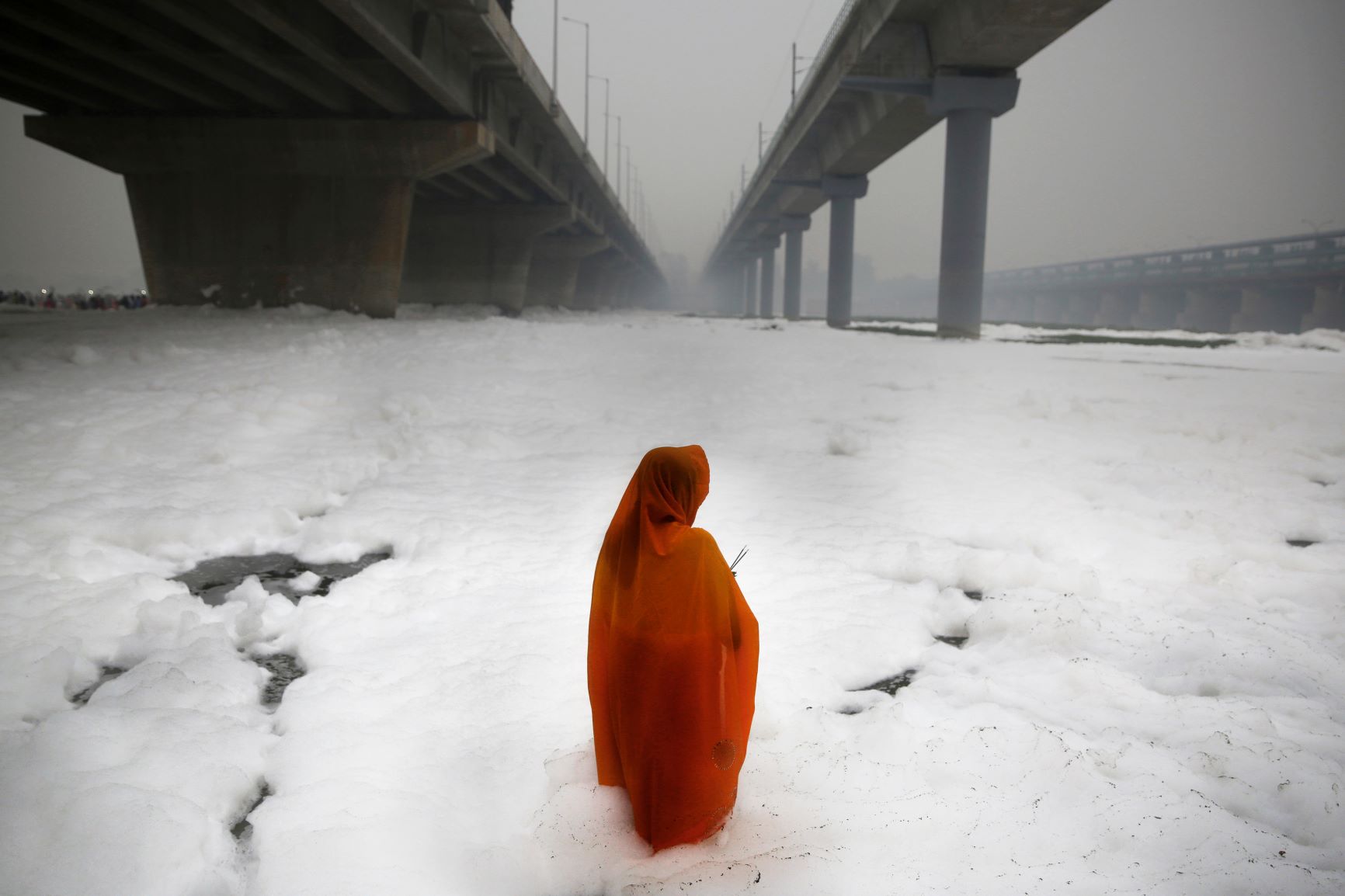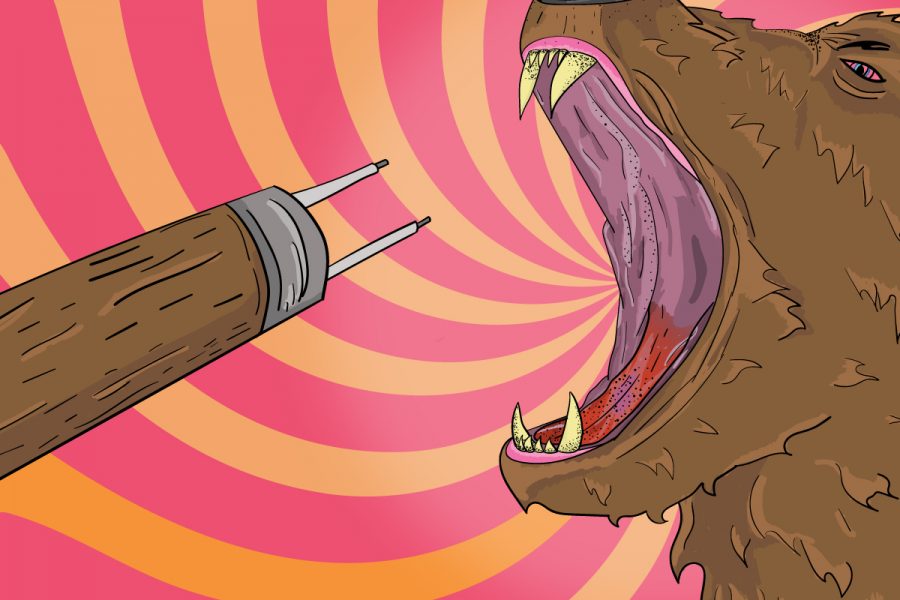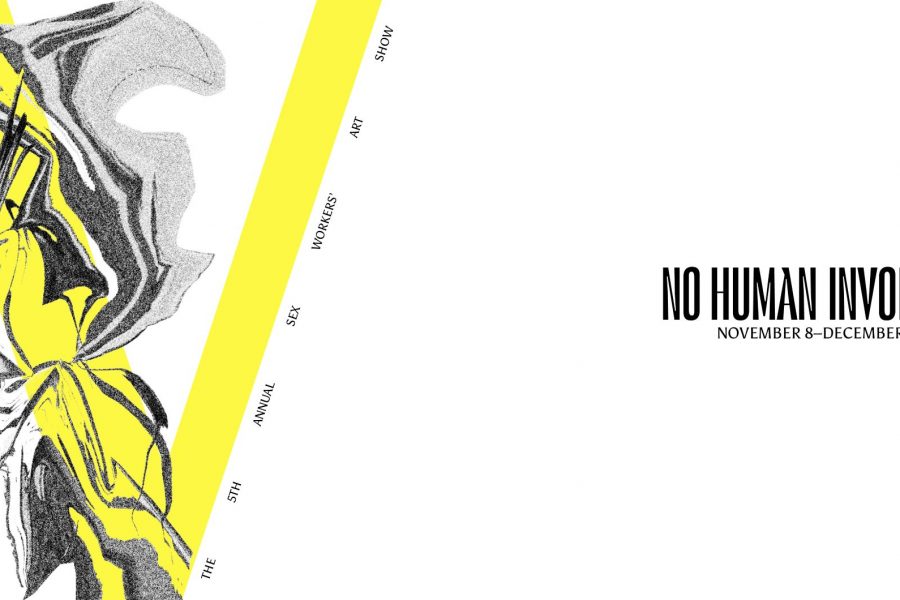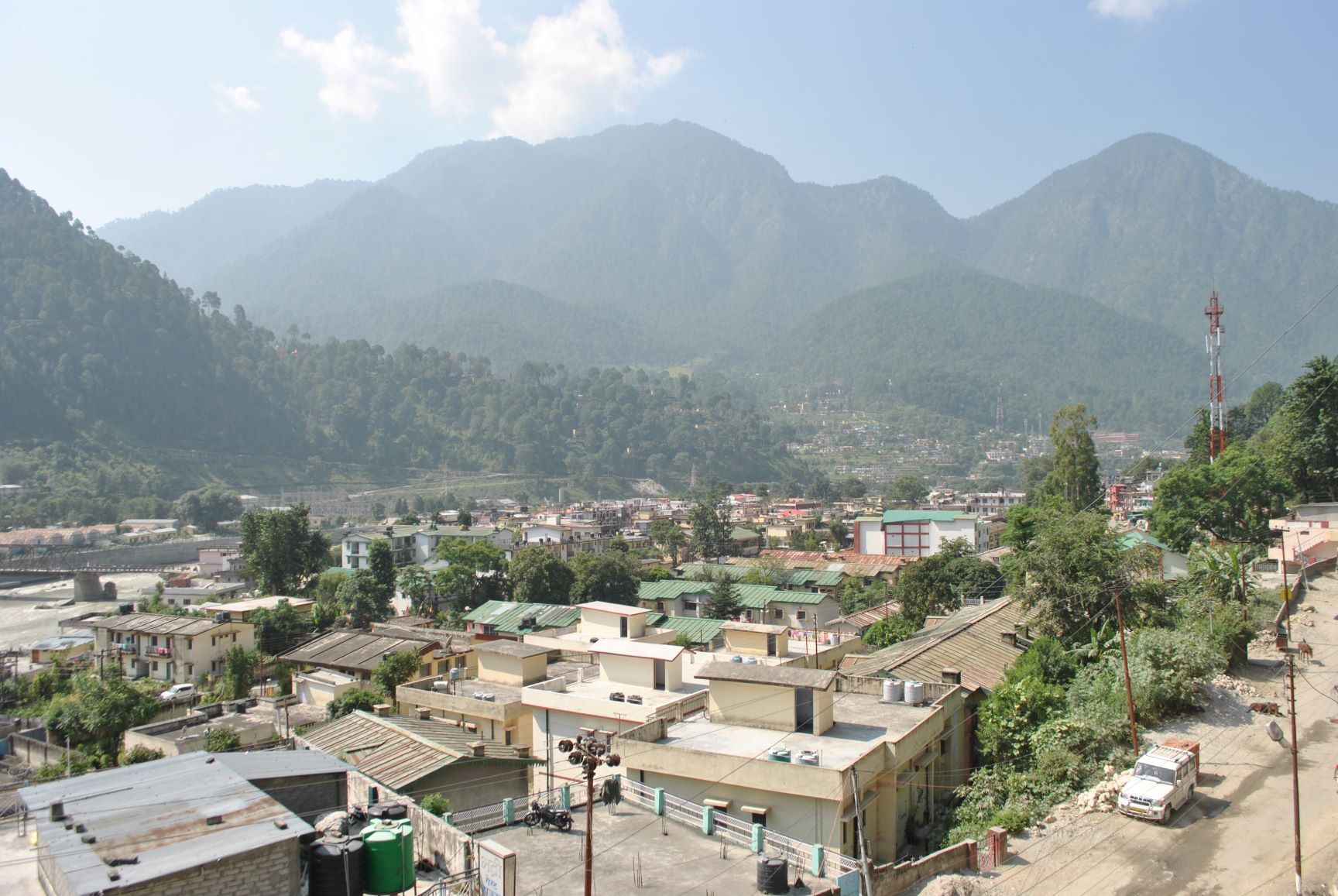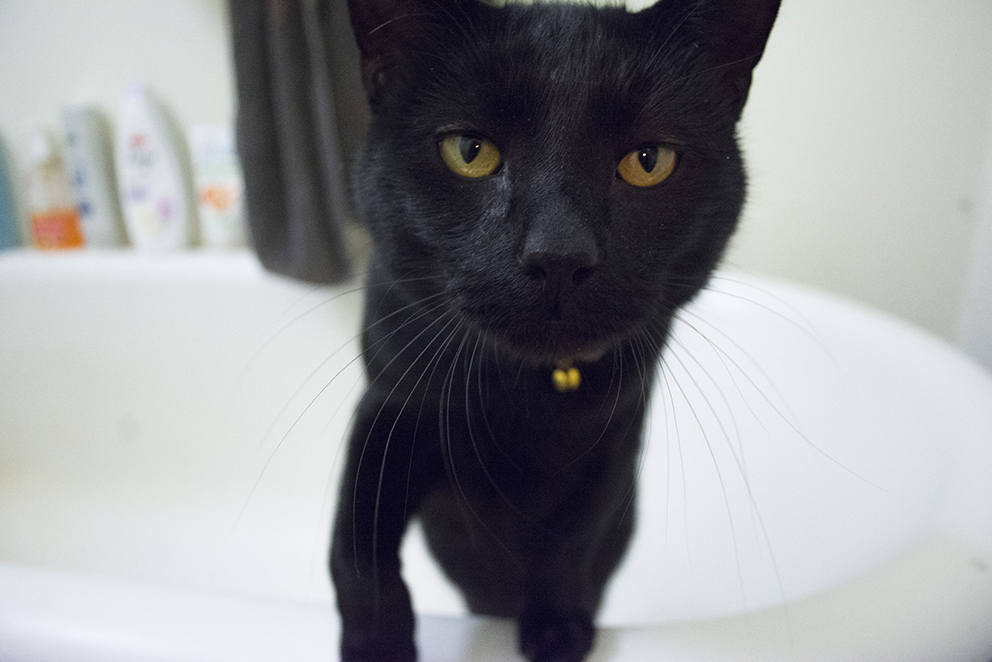New Delhi officials declared a public health emergency on Nov. 1 as a result of air pollution nearly 20 times the levels deemed safe by the World Health Organization.
A combination of factories, Diwali fireworks, more than 8 million cars and seasonal burning of agricultural land to make room for new crops—known as stubble burning—typically cause increased air pollution levels this time of year in New Delhi, but this year is worse than in the past, according to The Atlantic.
Safe air pollution levels are between zero and 50 on the Air Quality Index, according to WHO. India Today reported the average air quality rating across New Delhi was 484, with some areas maxing out the scale at 999. A Supreme Court-appointed panel ordered the announcement of a public health emergency due to the “adverse health impacts on all, particularly [the city’s] children,” according to The Independent.
As part of the public health emergency, New Delhi closed all schools until Nov. 5 and implemented an even-odd vehicle schedule. According to this schedule, cars with even-numbered license plates can only drive on even days, while odd-numbered license plates can drive only on odd-numbered days.
Officials told residents to shut their windows and limit their time outdoors. Construction projects in and around the outskirts of New Delhi were ordered to pause operations. NPR reported 40 flights in and out of New Delhi were canceled or diverted due to poor visibility on Nov. 3, and no trucks were allowed to enter the city limits. Rivers are covered in toxic white foam.
“We use our car only when we have to,” New Delhi resident Krishen Kak told NPR. “We keep our doors and windows closed because of all the health warnings. Our evening walks have stopped, and even the few errands we need to do are kept to a minimum.”
“The firecrackers, traffic on Diwali and stubble burning led to more pollution while the weather conditions such as cyclonic winds in the Arabian Sea and low wind speeds are not helping [New Delhi’s] cause,” Bhurelal, chairman of the Environment Pollution Authority, told India Today. “Health of the citizens of Delhi is being compromised. Children suffering from bronchitis and asthma are being affected. We want to take further steps and that’s why we have announced this health emergency in Delhi and neighboring areas affected by pollution.”
Experts believe children in New Delhi may have permanent brain damage due to the pollution, according to The New York Times. Approximately 5 million face masks were distributed across New Delhi to children in an attempt to limit their exposure.
Doctors have connected an increase in heart attacks, asthma, heart disease and lung cancer to the worsening air quality in the city, according to TIME. Some experts estimate that breathing the air in New Delhi for one day is equivalent to smoking roughly 25 cigarettes in the same time frame.
According to research performed by the Energy Policy Institute at the University of Chicago, living in the region of India where New Delhi is located—known as the Indo-Gangetic Plain region—can cause an individual to lose at least seven years of their life expectancy.
“We need short term actions—the odd-even scheme, distributing masks, really dramatic action,” Vijay Limaye, a climate change and health sciences fellow at the Natural Resources Defense Council told TIME. “But we also need sustained work to address the underlying problem and in doing so we can tackle the climate crisis. It’s really a win-win for climate mitigation and for public health.”
New Delhi authorities have failed to implement effective policies to limit pollution despite warnings from experts about the severity of this year’s air quality beginning in August 2019, and many officials have faced international criticism for their comments. In response to complaints of people’s eyes and throats burning as a result of the pollution Minister for Health and Family Welfare, Science and Technology, Earth Sciences Dr. Harsh Vardham recommended the complainants eat more carrots.
“Eating carrots helps the body get Vitamin A, potassium and antioxidants which protect against night blindness common in India,” Vardham said, according to NPR. “Carrots also help against other pollution-related harm to health.”
While the pollution is expected to minorly improve in coming weeks due to slightly higher wind speeds, it is likely the majority of the smog will remain until the end of the winter months, according to The Independent.

